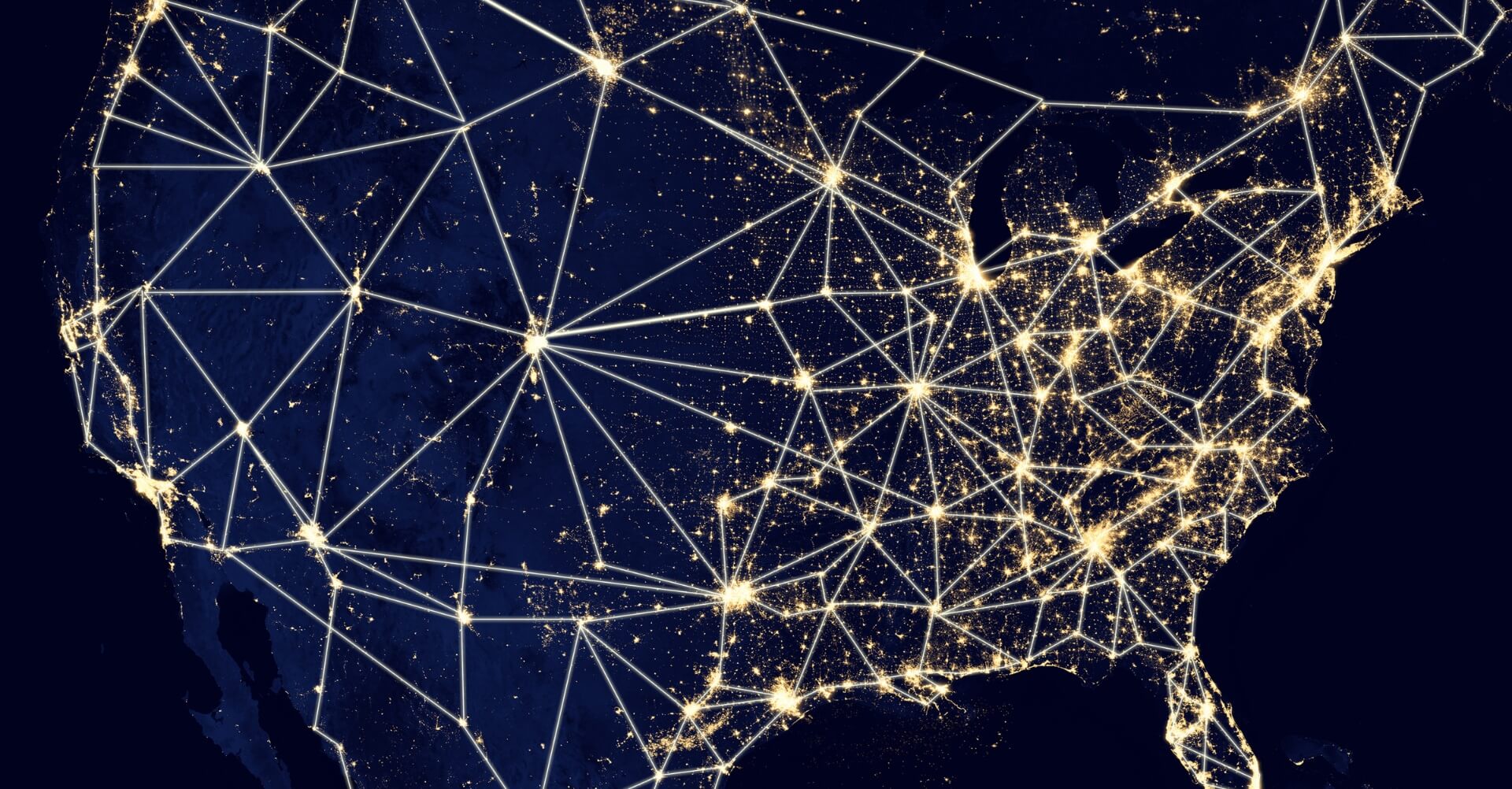
Is a VPN needed in the USA?
The United States, a beacon of democracy and innovation, is home to tech giants like Apple, Google, and Facebook. It has made significant strides in digitalization, boasting some of the world’s fastest internet speeds and broadest coverage. Despite this progress, challenges such as internet privacy, censorship, and digital rights continue to stir debate. Influences like the European Union’s General Data Protection Regulation (GDPR) have occasionally prompted discussions on domestic policy but have yet to lead to comprehensive federal legislation.
Internet Censorship and Freedom
The U.S. Constitution’s First Amendment protects freedom of speech from government censorship. Yet, internet censorship exists in more indirect forms. Social media companies have been criticized for suppressing political viewpoints, and around 73% of Americans believe this is likely. However, there is no widespread state or Internet Service Provider (ISP) mandated censorship.
High-profile cases such as the banning of Alex Jones from platforms like Twitter, Facebook, and YouTube have fueled the debate over the role of social media companies in public discourse. Alex Jones, a controversial media personality, was deplatformed due to violations of hate speech and harassment policies, according to the platforms. Critics argue that his removal is an example of censorship by private entities that now serve as public squares, raising questions about the equitable application of these platforms’ policies.
Similarly, the “Twitter Files” revelations have added another layer to the complexity surrounding internet freedom in the U.S. These files exposed Twitter’s internal practices related to content moderation, shadow banning, and government involvement. This has sparked conversations about whether social media platforms are truly neutral entities and what their role should be in content moderation and censorship.
Peer-to-Peer Services and Torrenting
Peer-to-peer (P2P) services and torrenting are generally permitted in the U.S., but there are legal boundaries. Illegal file-sharing, especially sharing copyrighted content without permission, can result in prosecution under copyright laws. The Digital Millennium Copyright Act (DMCA) is often invoked in these cases. The DMCA provides the legal framework for copyright holders to request the removal of their copyrighted content from websites and online platforms. Failure to comply can result in civil and criminal penalties, including lawsuits and hefty fines.
The Recording Industry Association of America (RIAA) has been particularly active in litigating against illegal file-sharing. In the early 2000s, they pursued legal action against individual users, but the approach has since shifted towards targeting websites and services that facilitate illegal sharing. They have sent countless DMCA takedown notices and have successfully pushed for the closure of various torrenting websites. The RIAA and other copyright holders continue to monitor P2P networks and torrenting services to identify illegal activity.
Media Websites and Social Media Access
Most social media platforms and media websites are easily accessible. However, the “Twitter Files” revelations indicate internal censorship practices and government involvement, especially concerning politically sensitive topics.
Net Neutrality
Net neutrality is a contentious issue, with various states passing their own regulations to ensure ISPs treat all internet data equally. At the federal level, however, the position has been inconsistent, oscillating with changes in the political landscape.
Legal Framework
The U.S. has a fragmented legal landscape concerning digital rights, with a combination of federal and state rules. Every state has enacted at least one law governing data collection practices of online businesses. This creates a labyrinth of regulations for companies to navigate.
Surveillance and Privacy
Massive, illegal dragnet surveillance of domestic communications has been ongoing in the U.S. since at least 2001. Citizens concerned about their privacy can consider using Virtual Private Networks (VPNs) and secure messaging services to help protect their data.
Edward Snowden, a former National Security Agency (NSA) contractor, dramatically amplified the conversation around government surveillance in 2013 when he leaked classified information detailing the NSA’s global surveillance programs. The documents revealed extensive data collection efforts, including the mass collection of Americans’ phone records and the interception of internet communications. The revelations sparked national and international debates over privacy, surveillance, and the legality of spying programs, leading to some legislative changes and greater public awareness of the issue.
For those particularly concerned about their privacy and security, the awareness of such governmental activities reinforces the importance of taking proactive steps, such as using encrypted communication tools and understanding your digital rights.
Conclusion
The United States remains a global leader in digital innovation, but its piecemeal approach to digital rights and privacy presents challenges. The “Twitter Files” have further complicated the picture, revealing the blurred lines between platforms and government agencies. As the digital landscape evolves, the U.S. may need to consolidate its various laws and policies to provide clear, unified guidelines.

Leave a Reply